Community Based Rehabilitation
As part of our partner’s project on accessibility, the team launched a district-wide assessment in Rudaki. Here they met a teacher who was homeschooling a 9-year-old boy named Mubariz, whose spinal injury had left both of his legs paralyzed.
Deeply aware of the challenges he faced, the team visited him at home and quickly discovered his exceptional talent, motivation, and love for poetry. When asked about his dream, his simple and very touching answer – “I dream of studying at school with my classmates”—moved them to action.
Together with the school administration, local sponsors, community members, and local authorities, they planned and built an accessible road, ramp, and restroom so he could attend school safely and with dignity. By September 1, the schoolyard was decorated with balloons as teachers and staff welcomed Mubariz and his parents for his first day. The moment he entered the school, overwhelmed with joy, he turned to us with a bright smile and said, “Teacher, you have made me feel like someone very important!” His teachers shared that his smile made every effort worthwhile, while the school director expressed pride in creating a place where every child can belong.
With tears of gratitude, his parents thanked everyone who helped make their son’s dream come true. This achievement shows how inclusive education becomes possible when a community comes together and how a single act of accessibility can open the door to a child’s future.
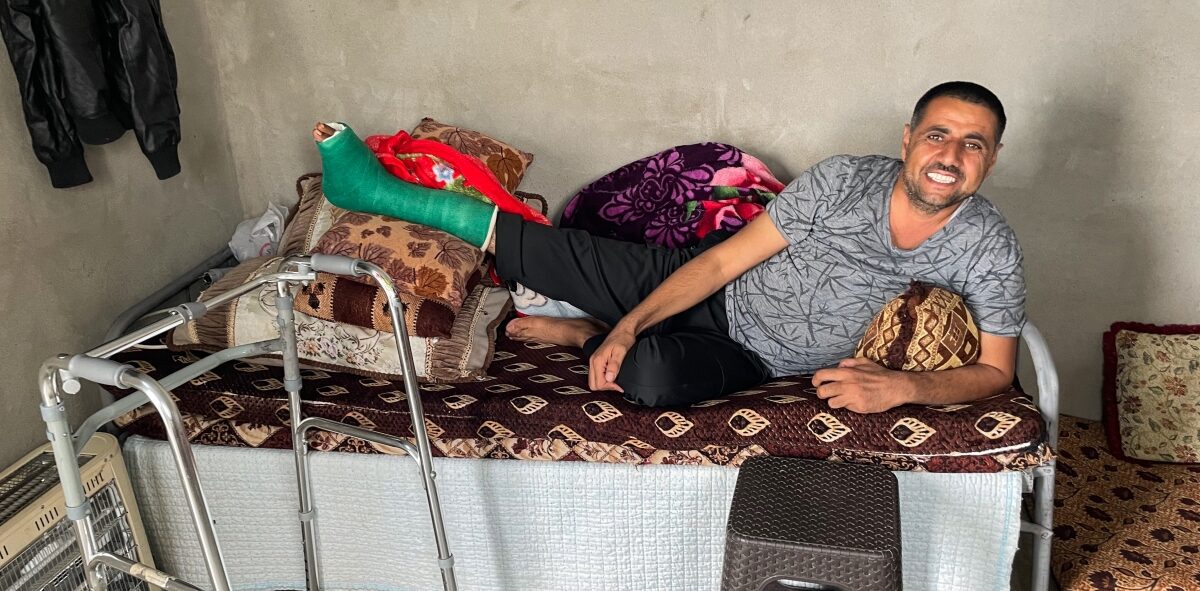
Partnerships for Good
He now has a stable home for him and his family and is walking on his “new” foot.
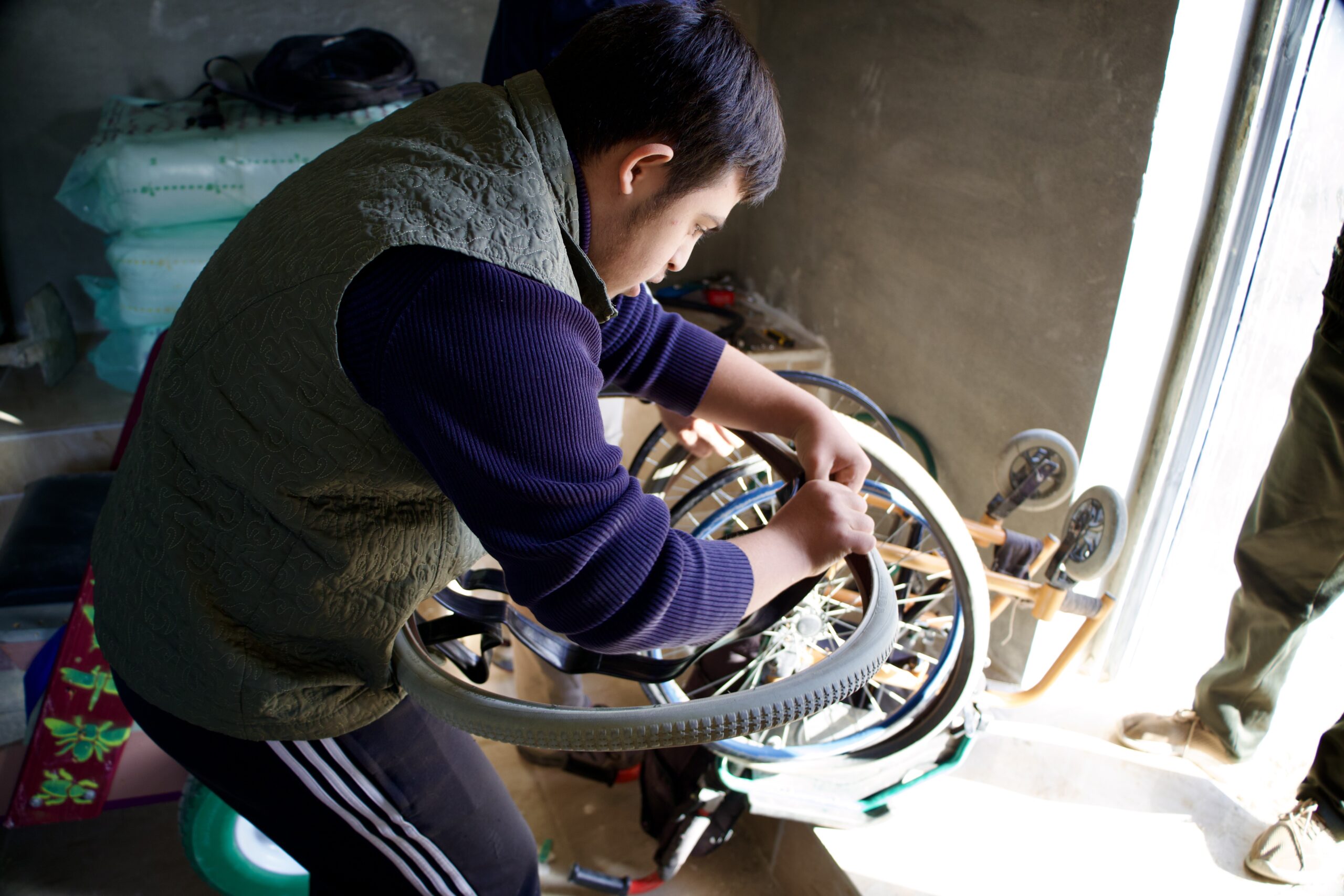
Investing in the Future
There are new sounds coming from the centre these days.
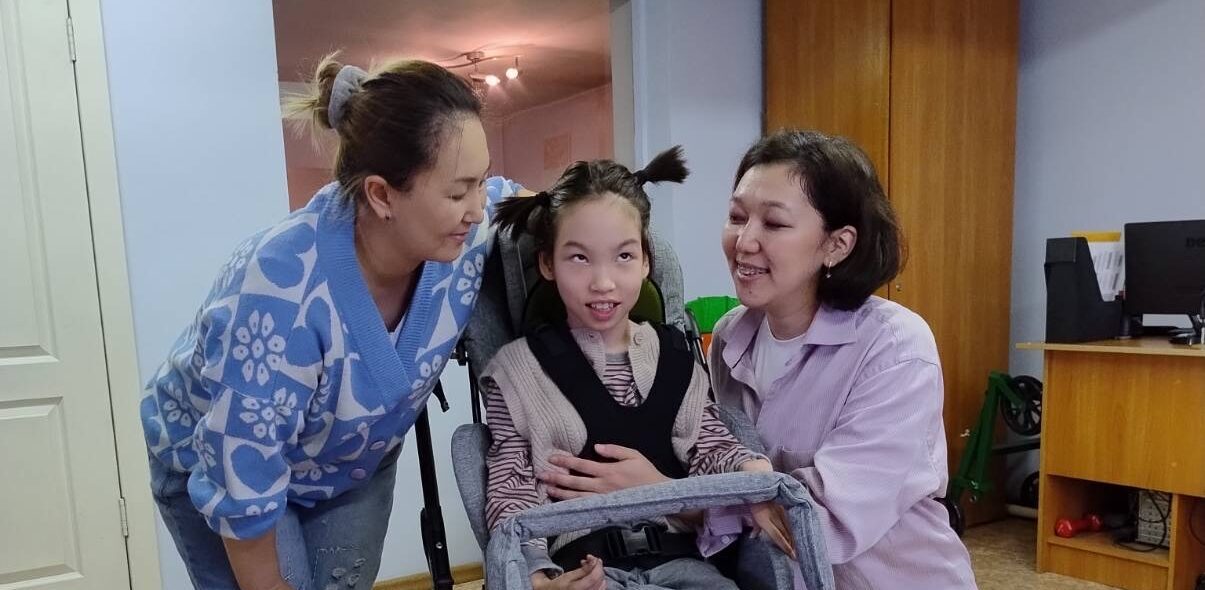
Empowering Mothers
“It is so important that you know your rights!”
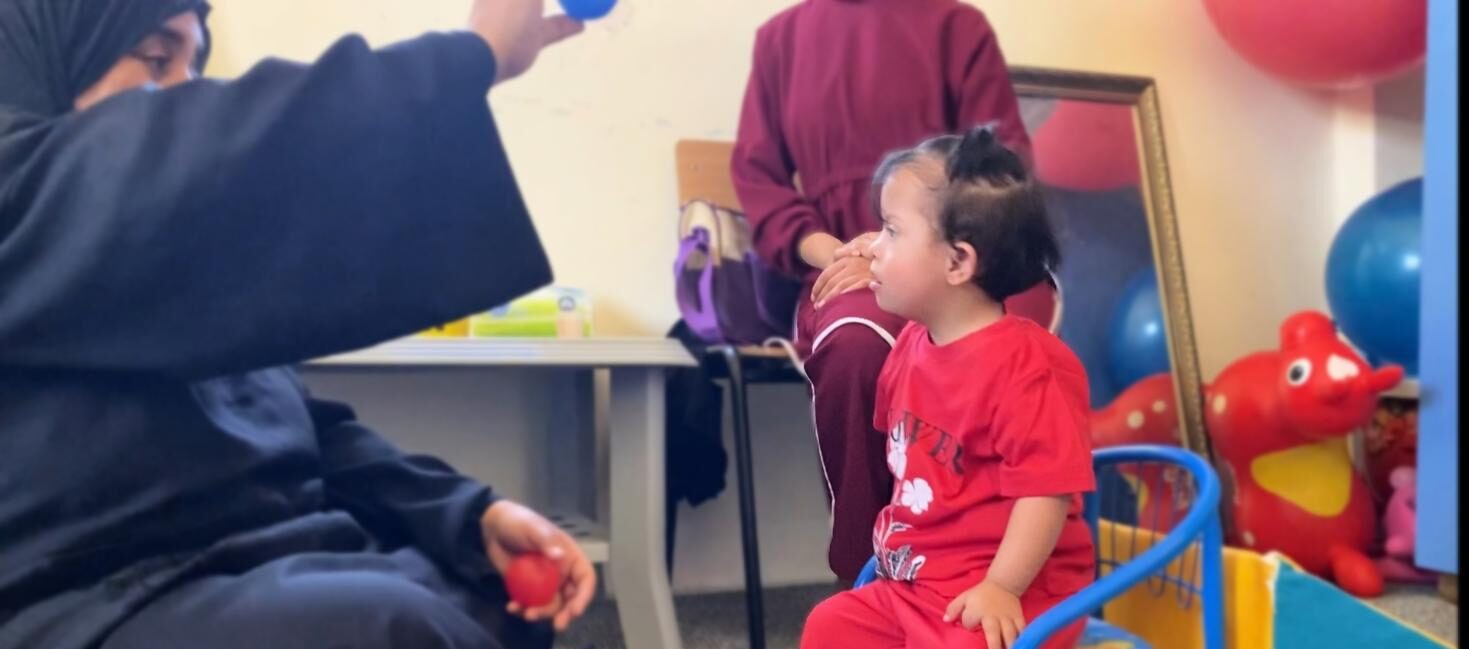
Each Child is Valuable
“I’ve learnt from you that each child is created by God and valuable, and I want to do my best to love and raise her like you would” she said
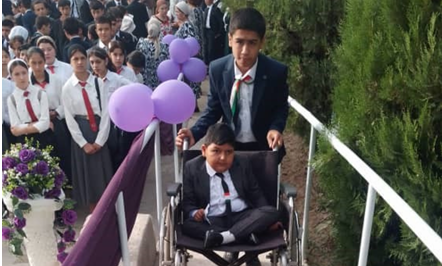
A Community United for Mubariz
As part of our partner’s project on accessibility, the team launched a district-wide assessment in Rudaki. Here they met a teacher who was homeschooling a 9-year-old boy named Mubariz,
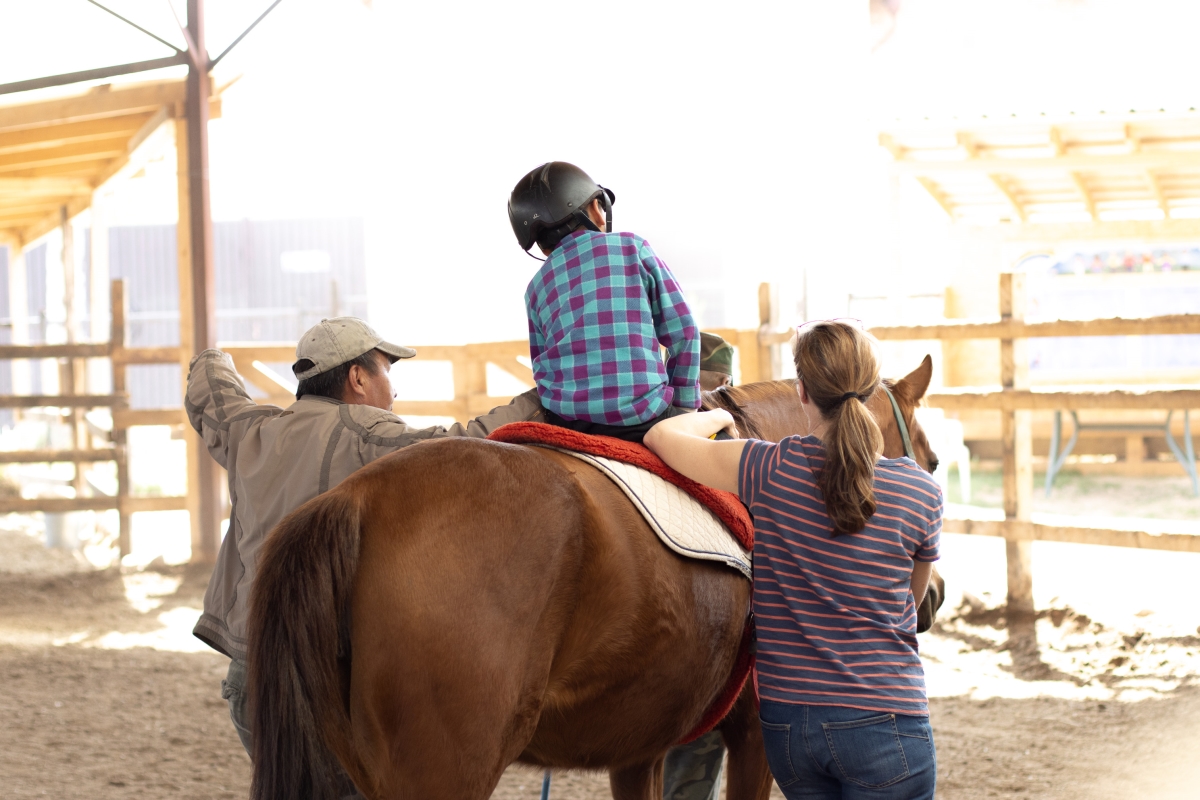
The View Changes
After a couple of sessions on the back of a gentle horse, Jamal now rides with a smile on his face.
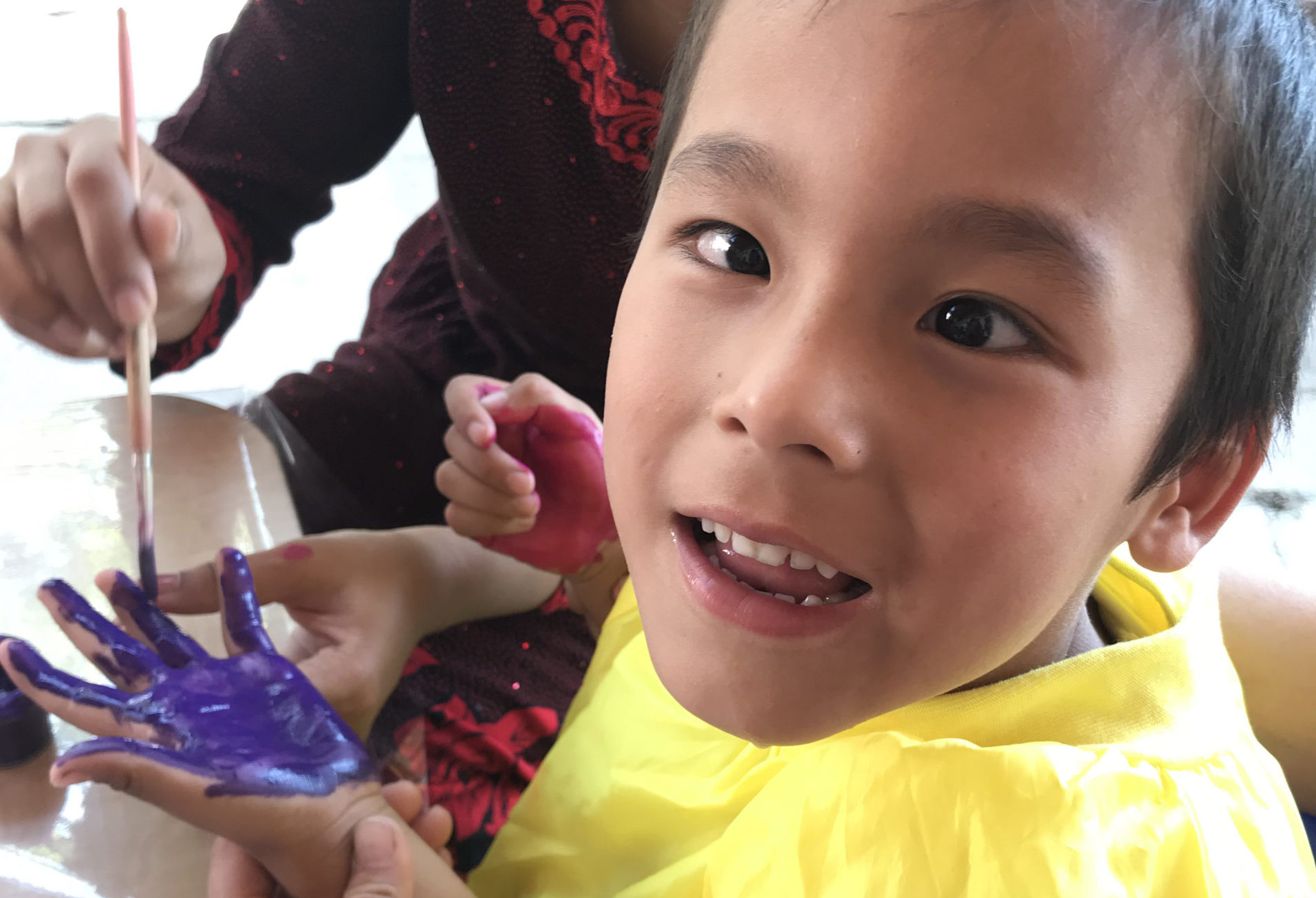
Hope Starts in the Small Things
Most importantly, hope is present for Hamidjon because he has a loving mother, who, through our project, is able to experience support and acceptance, receive counselling and process her grief.
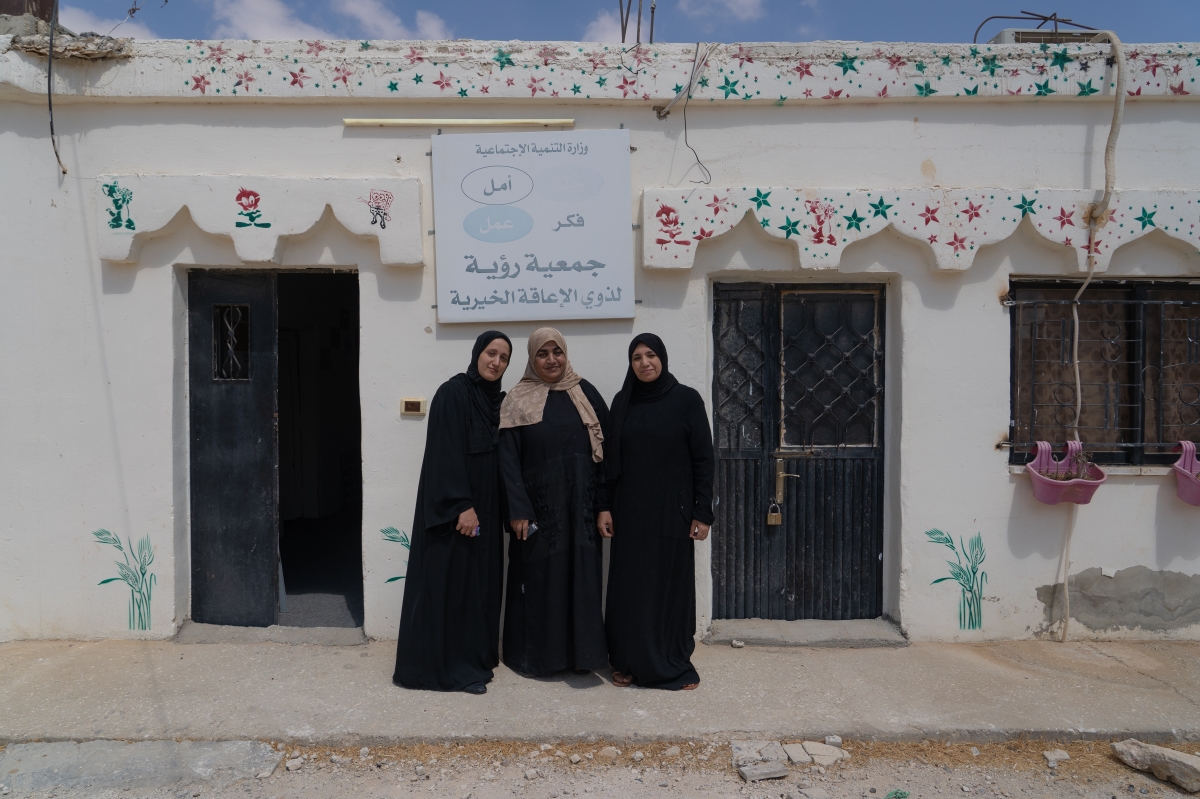
Trading Shame for Acceptance
So these women continue on, persevering on behalf of the children and their community, sharing a love and passion that grows warmer with time and over many more cups of hot tea.
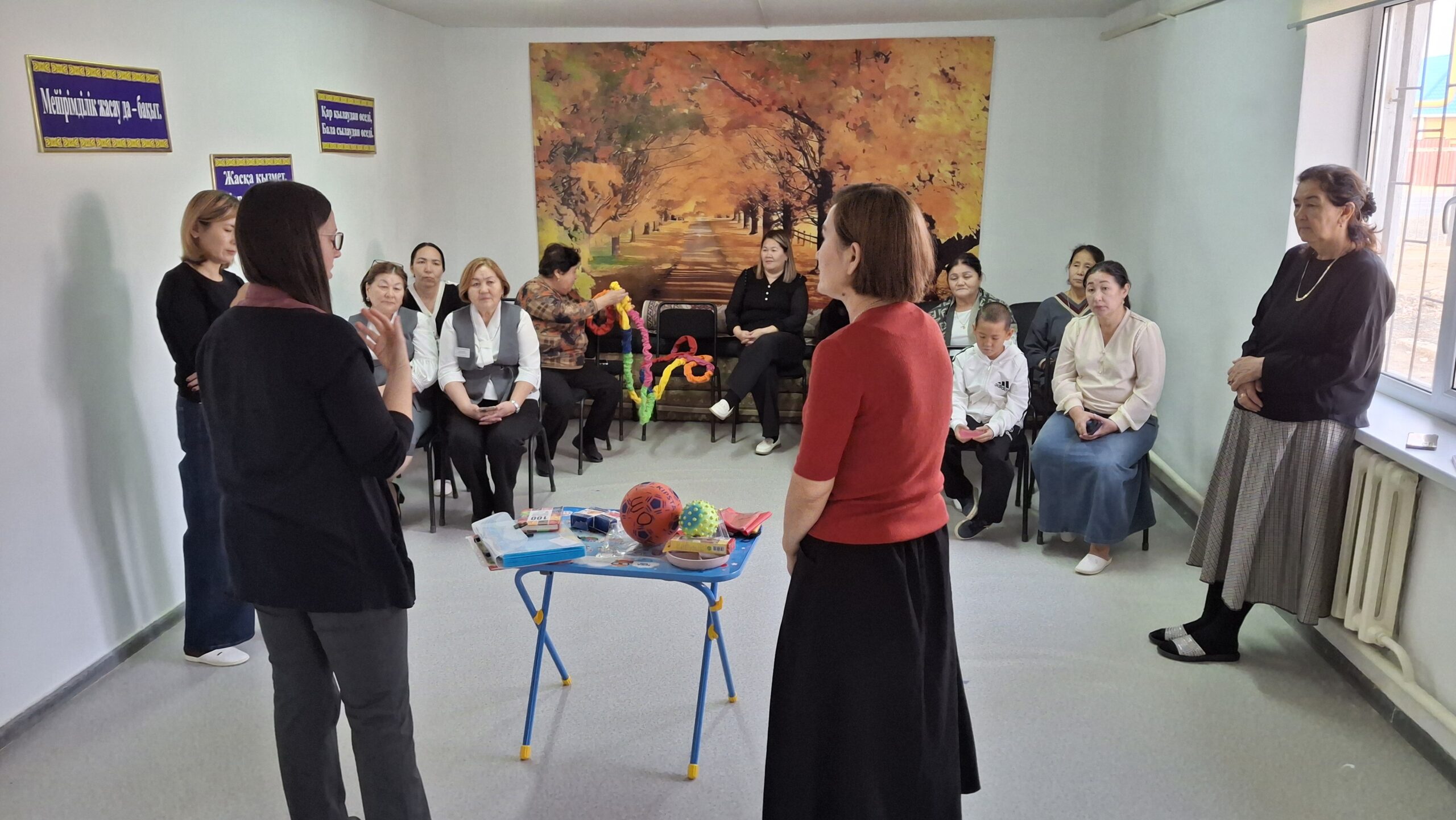
Local Partnerships to Maximise Capacity
When a massive flood hit the North West of the country, our team was able to visit and make connections with families and centres with children with disabilities.
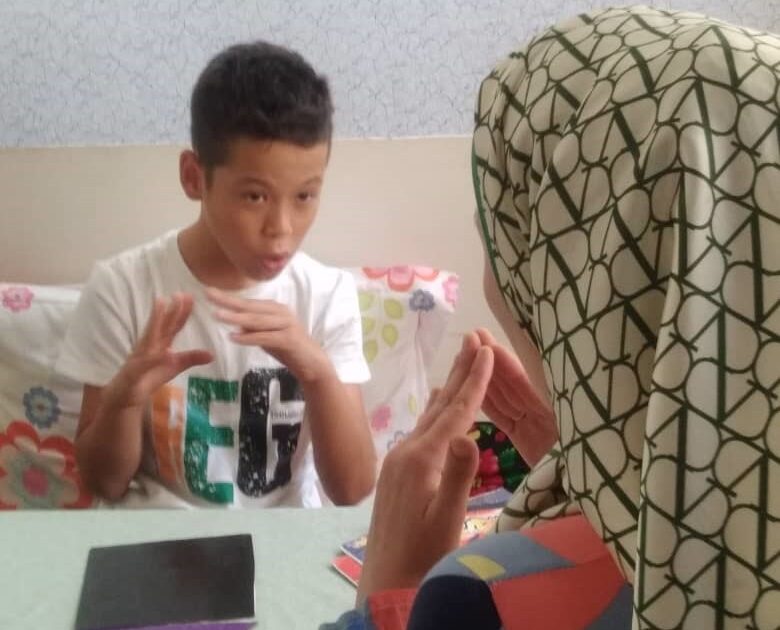
We Learn Together to Improve Our Lives!
Nazira is a mother of a child with disability, and a new staff of our partner organization. She participated in a training on early intervention for children with hearing and visual impairments.
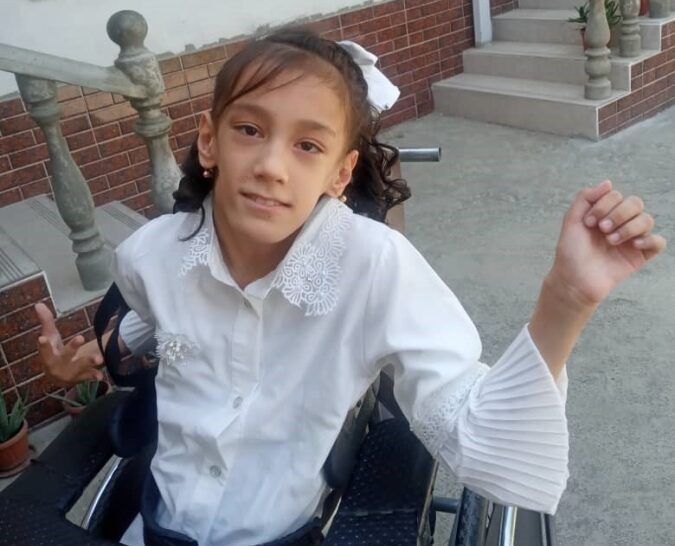
Opening Doors to Equality
Children with disabilities (CWD) are being given the chance to learn at mainstream schools thanks to one of our partner organisations in Tajikistan.
School accessibility is one of the most important components of providing inclusive education and promotion of the rights of children with disabilities.
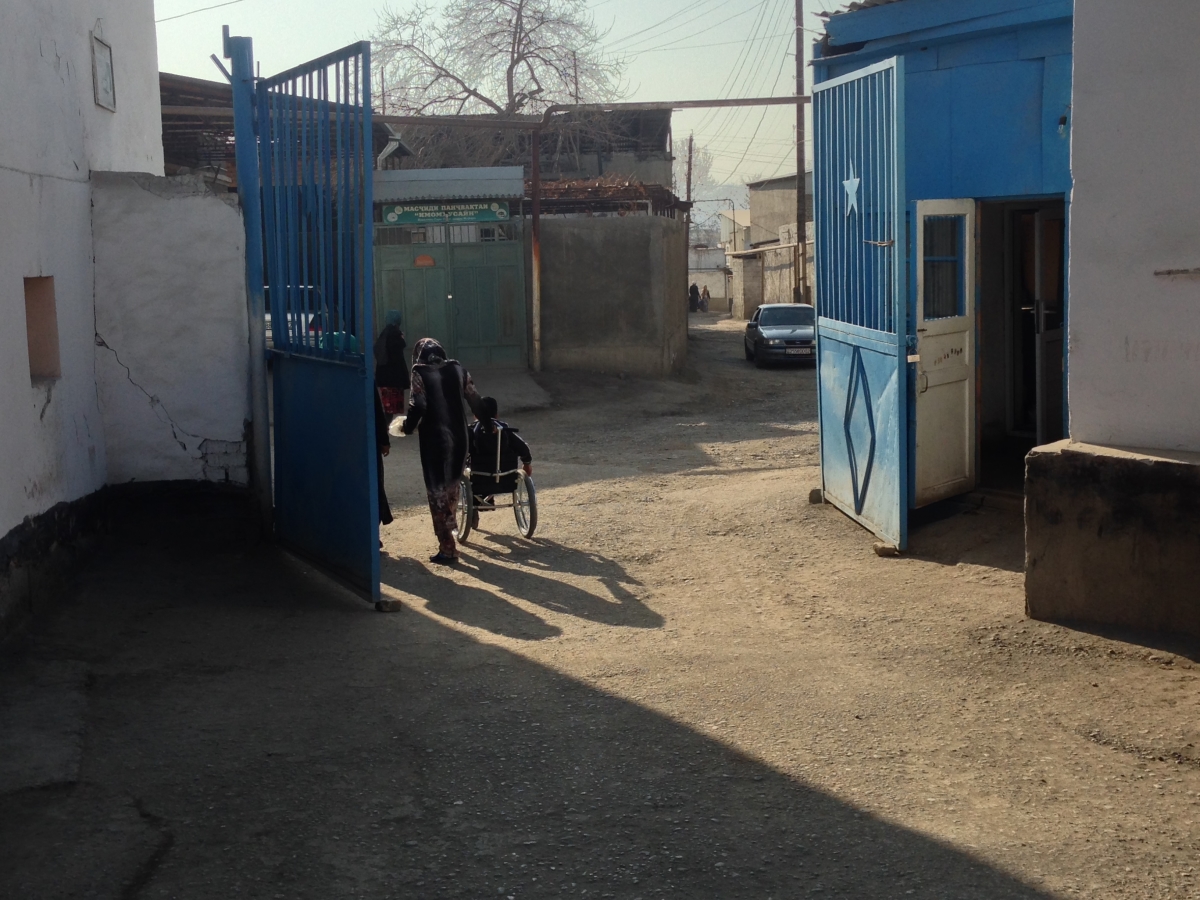
Partnership Opens the Way to School
There are many barriers for a child with disability to access education in Tajikistan. Sometimes this barrier is seen in the attitudes of people that think children with disabilities don’t belong in school or should be kept separate from other children.
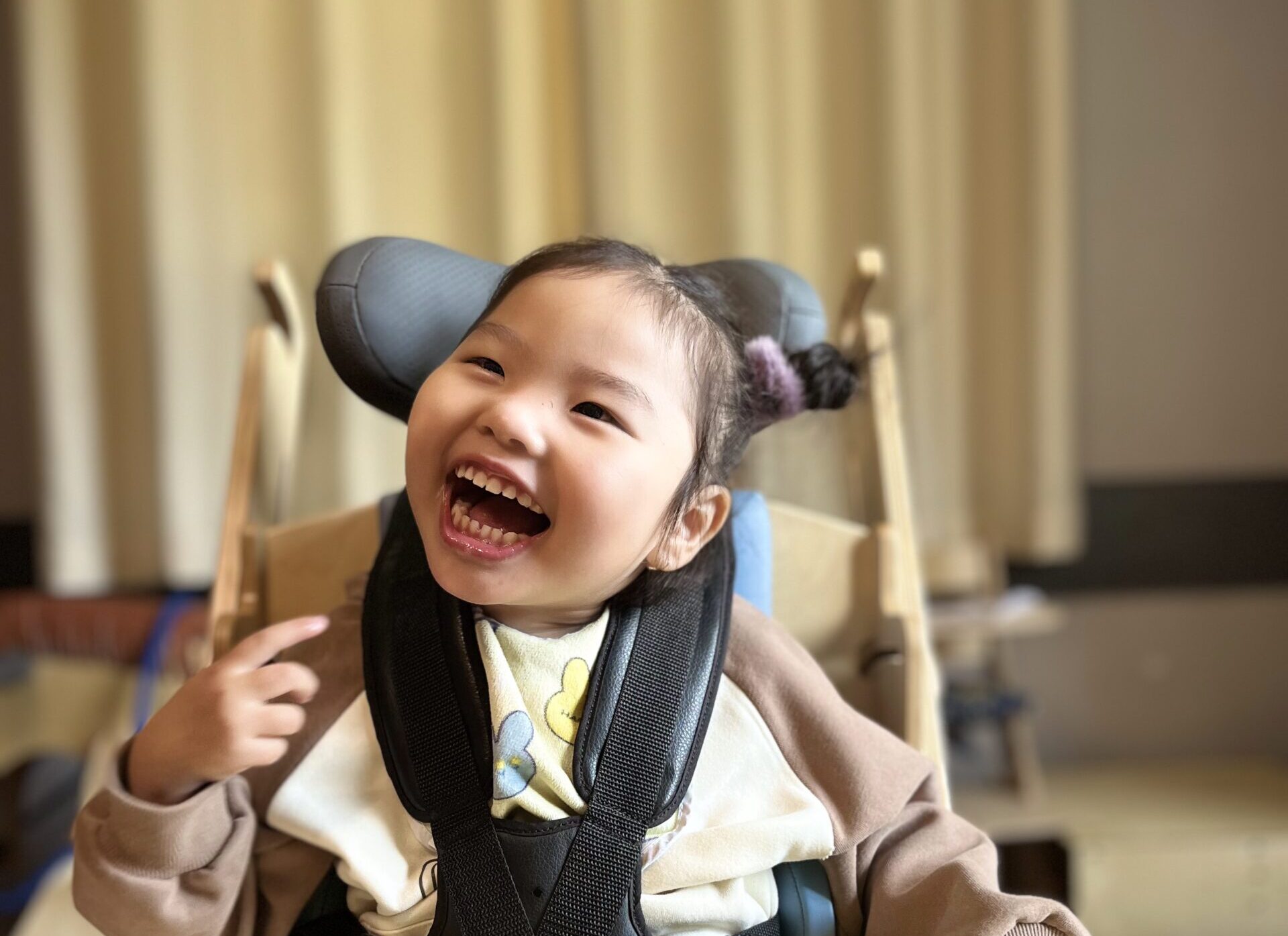
A New Chair
She really enjoyed her new chair and even after this very short time, it was recognisable that her body posture had already been improved.
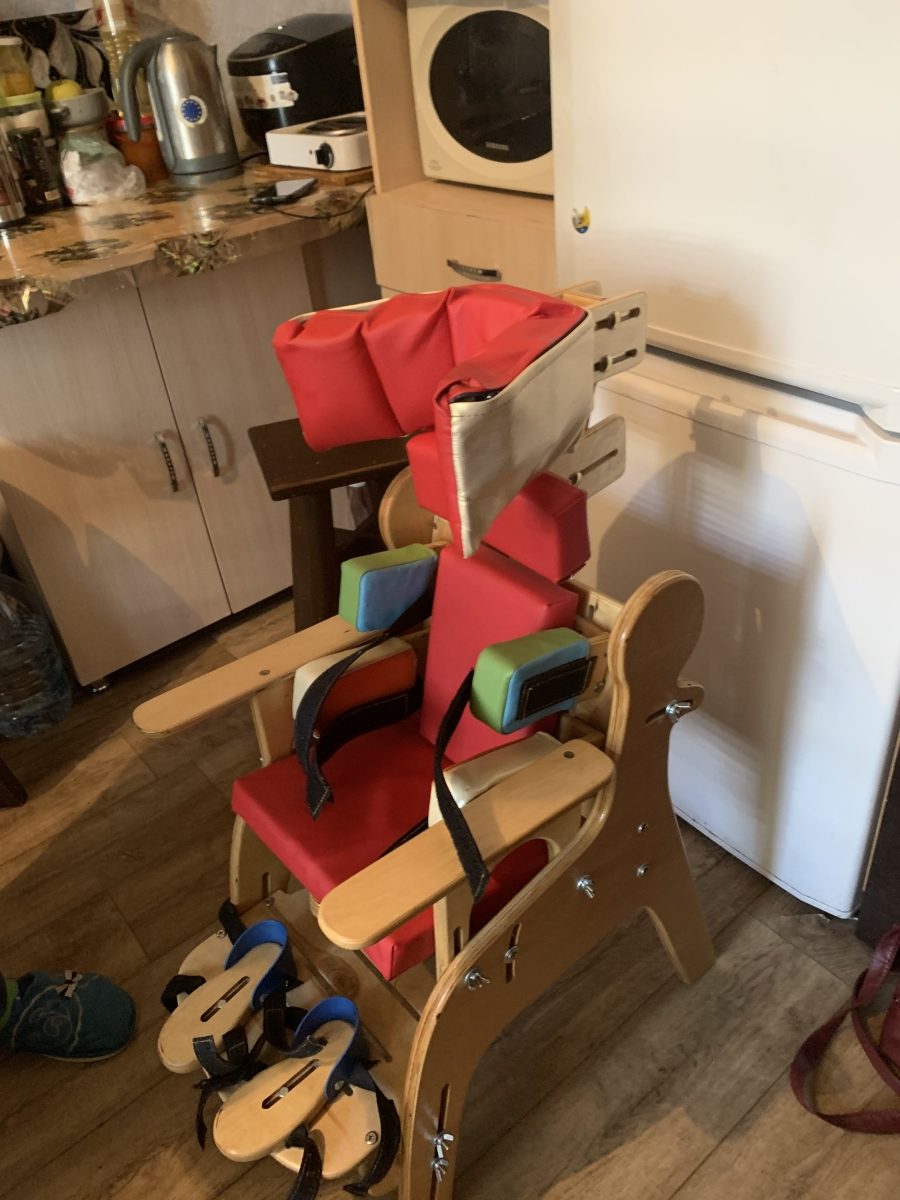
Partnership for Change
Both organizations continue to work in partnership with the mom and her son and we are seeing positive changes in their lives.
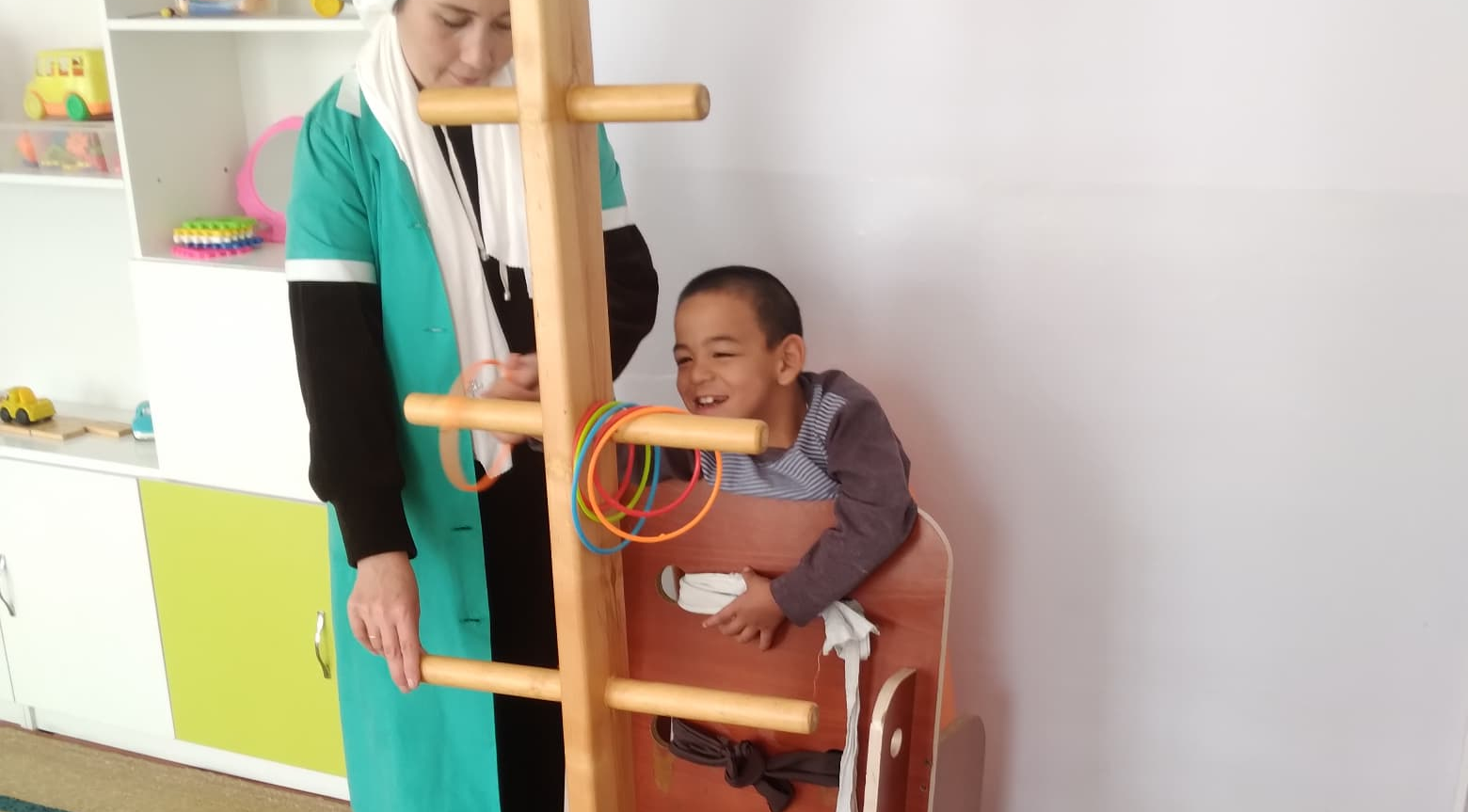
Standing Strong
Farhad is a bright seven-year-old and the third child in his family. However, unlike his siblings, he has faced significant challenges since birth due to Cerebral Palsy,
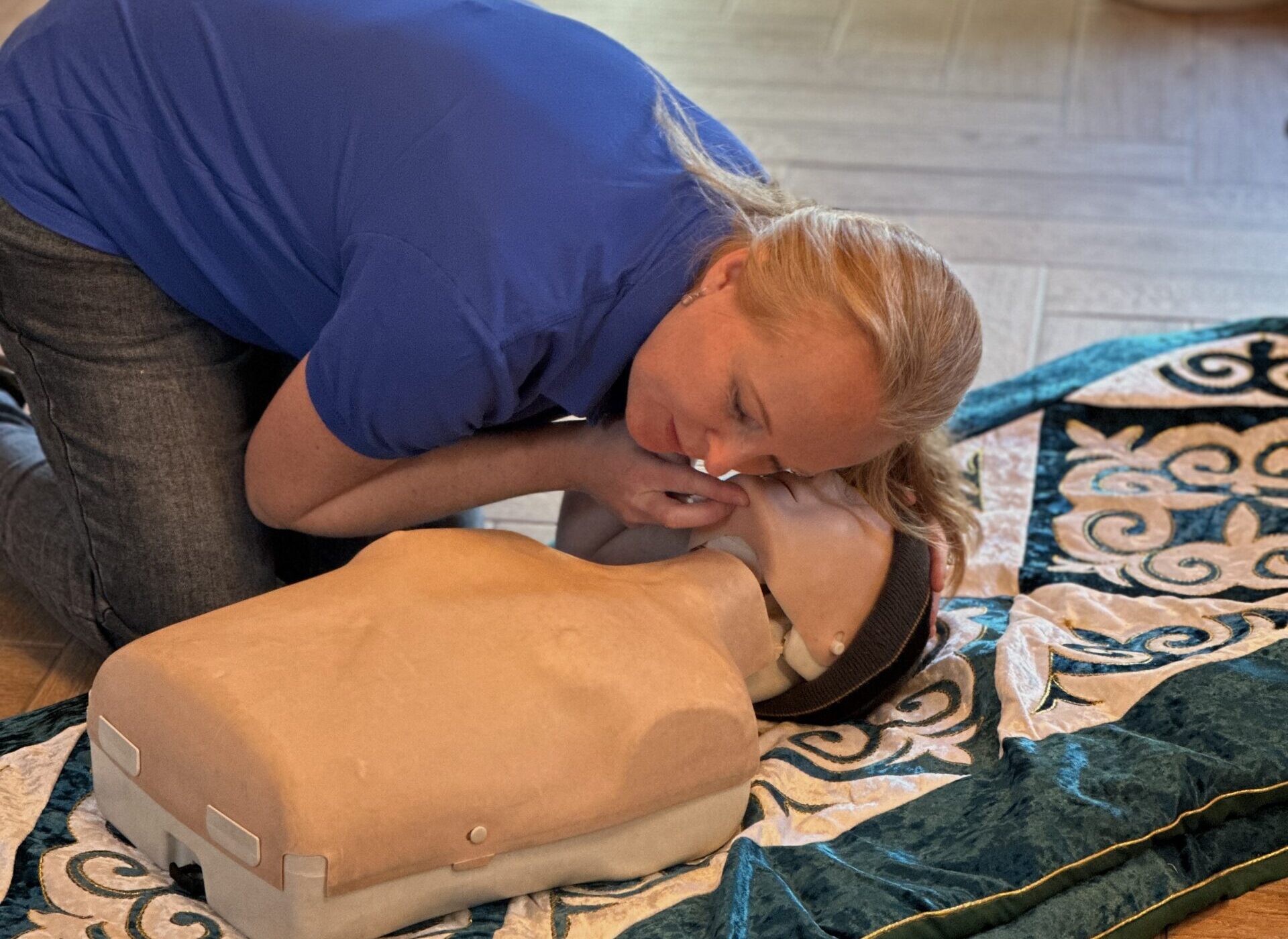
First Aid Training Programme
After living in Central Asia for a year and engaging closely with the local community, I noticed a significant gap in health knowledge. Many people would quickly panic in medical situations simply because they did not know how to respond.
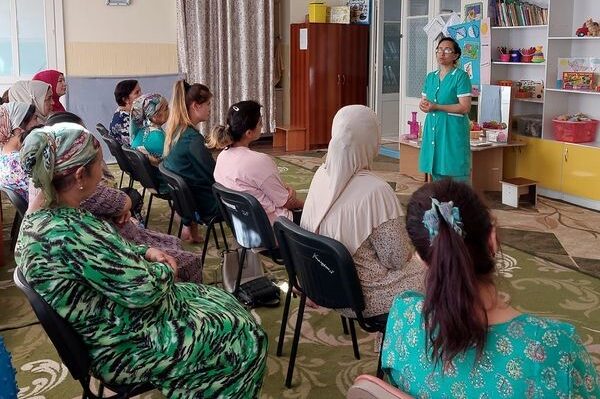
Never too late to learn!
With the support and help from the staff I learnt how to take care of a child with disability.

Full Participation at School
In the summer, our organisation received a request to build a ramp and an accessible toilet at this school to allow the school to accept children with disabilities so that they could socialise and study with their peers.
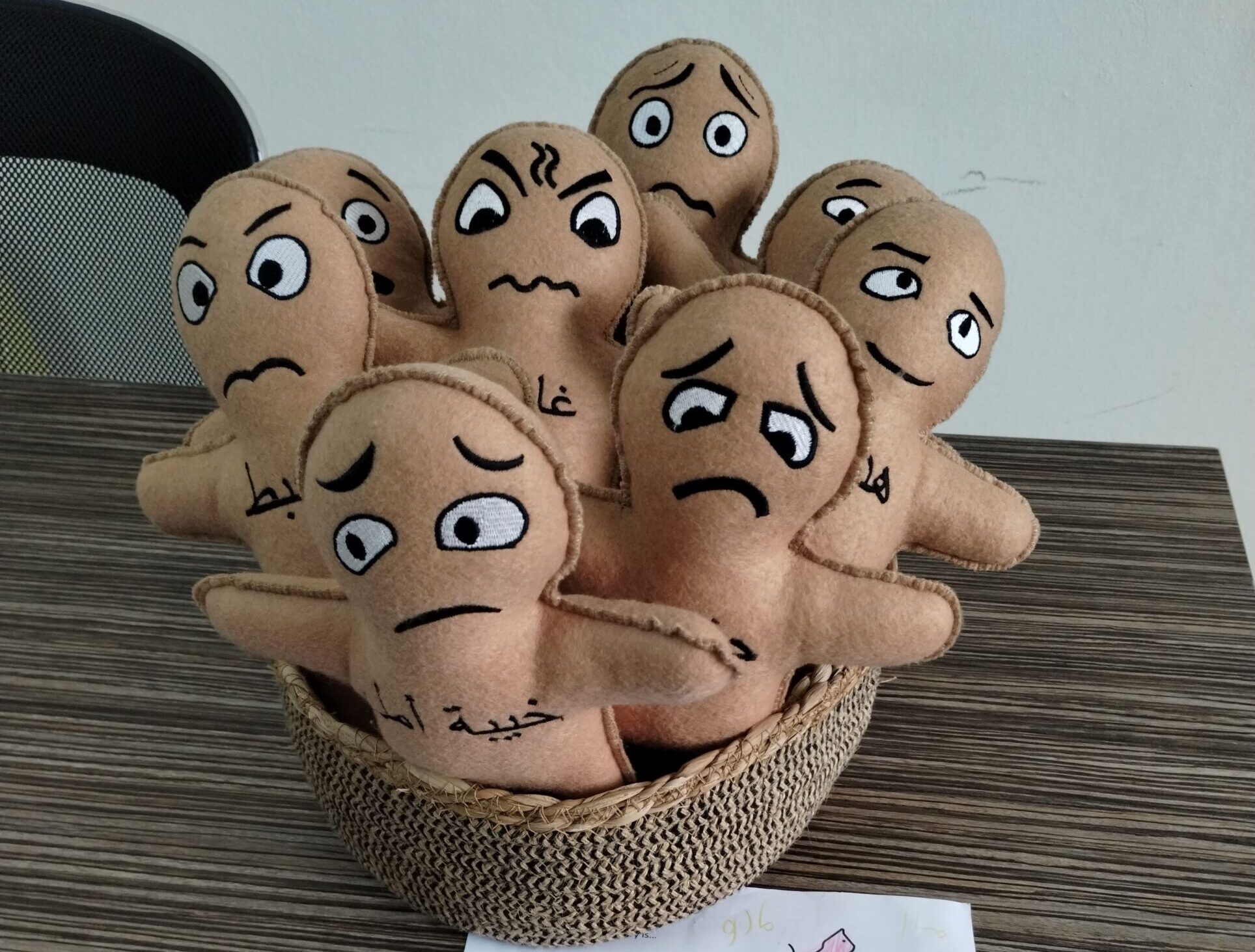
Healing and Growth
During a wedding in a small local village a large fire broke out!
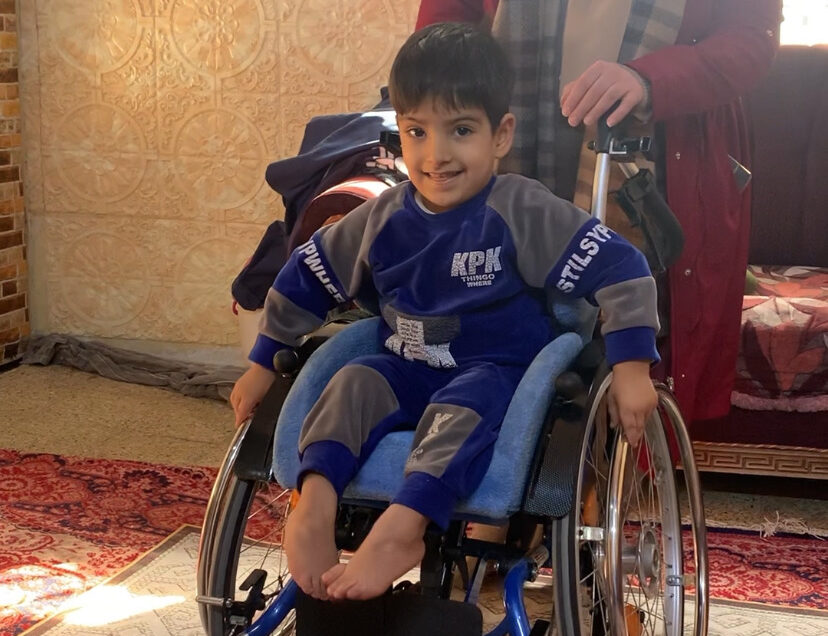
Exploring New Ways of Moving
Yousif, a 4-year-old diagnosed with spina bifida, lay curled up in the corner of the living room floor. The doctors had told his family to give up hope—he was disabled and would remain that way for the rest of his life.
